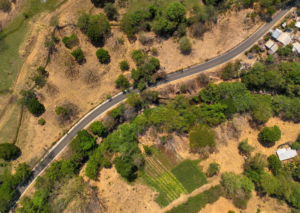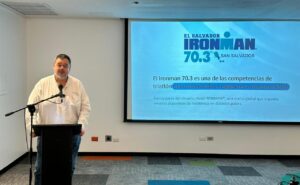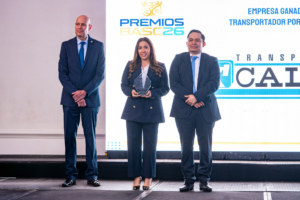
Courtesy
The U.S. Embassy in El Salvador, through a virtual conference, detailed the key points of Secretary of State Marco Rubio’s visit to the Central American region. His tour will begin in Panama, followed by El Salvador, Costa Rica and Guatemala, and then culminating in the Dominican Republic. This tour reflects the interest of the U.S. government in strengthening its ties with these countries, addressing strategic cooperation issues in various areas.
During his stay in El Salvador, Marco Rubio will meet with President Nayib Bukele to discuss issues related to security and migration, two fundamental axes in the bilateral relationship. The visit also represents a recognition of the country’s progress in security and its key role in the region. It is expected that this meeting will strengthen cooperation between the two nations and open new opportunities for joint development.
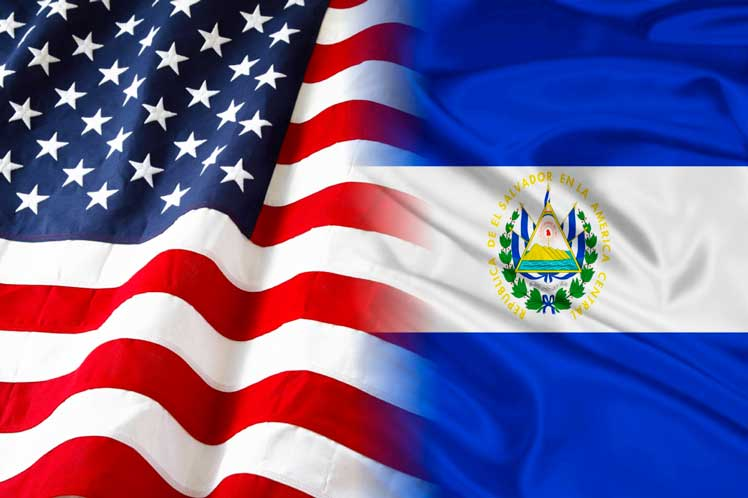
One of the focal points of the meeting will be the fight against organized crime and gangs, an issue in which El Salvador has made significant progress under Bukele’s leadership. Rubio and Bukele will discuss the possibility of expanding security cooperation, including extradition agreements and joint strategies to combat transnational crime. Washington sees El Salvador as a model of success in reducing violence, which has generated interest in replicating some of its policies in other countries.
Another priority issue will be migration, given El Salvador’s role in managing migration flows in the region. The two leaders are expected to explore mechanisms to strengthen cooperation on asylum and repatriation of migrants, seeking joint solutions to address the migration challenges affecting both nations. The Rubio administration seeks to strengthen agreements with allied countries to curb irregular migration and ensure more efficient management of asylum seekers.
The Secretary of State will also address China’s growing interest in Latin America and its influence in the region. Washington has expressed concerns about China’s economic and political expansion in El Salvador, especially in infrastructure and telecommunications projects. During the meeting with Bukele, Rubio will emphasize the importance of maintaining strategic relations with the United States and avoiding over-dependence on Beijing in key sectors.
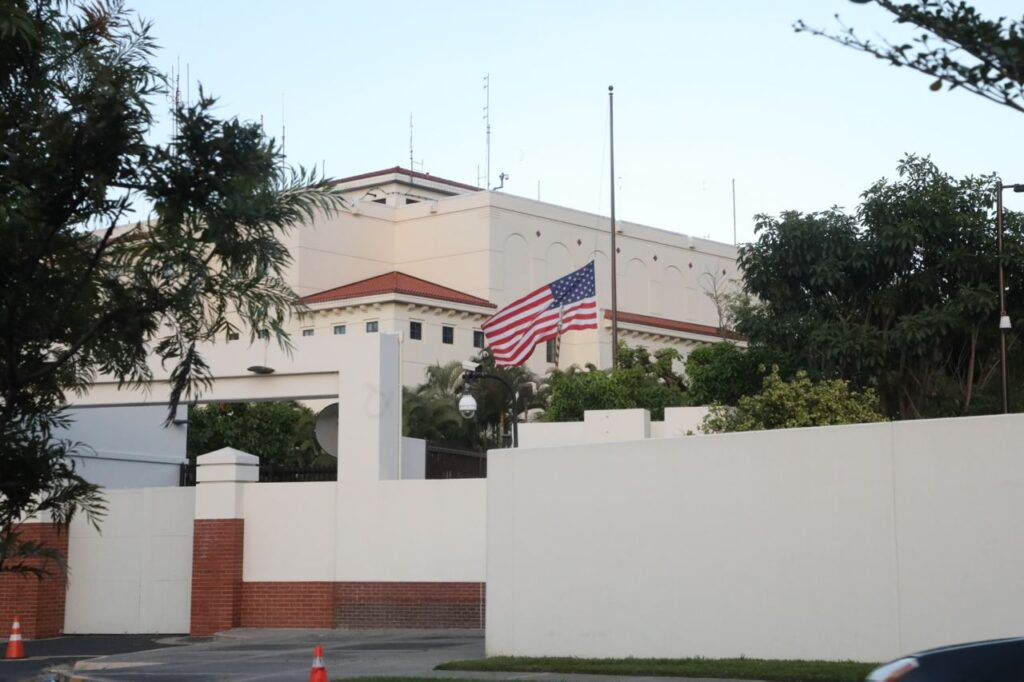
On the economic front, investment and trade opportunities between the two countries will be discussed. El Salvador has shown interest in attracting more U.S. investment, especially in sectors such as technology, manufacturing and energy. Rubio may announce initiatives to strengthen economic cooperation and encourage U.S. investment in the country, consolidating El Salvador as a reliable partner in the region.
The visit will also serve to reinforce U.S. support for the policies implemented by the salvadoran government. Bukele has been recognized internationally for his high popularity and for his security and economic reforms. The meeting with Rubio symbolizes Washington’s support for Bukele’s administration and its alignment with the U.S. administration’s agenda in Latin America.


